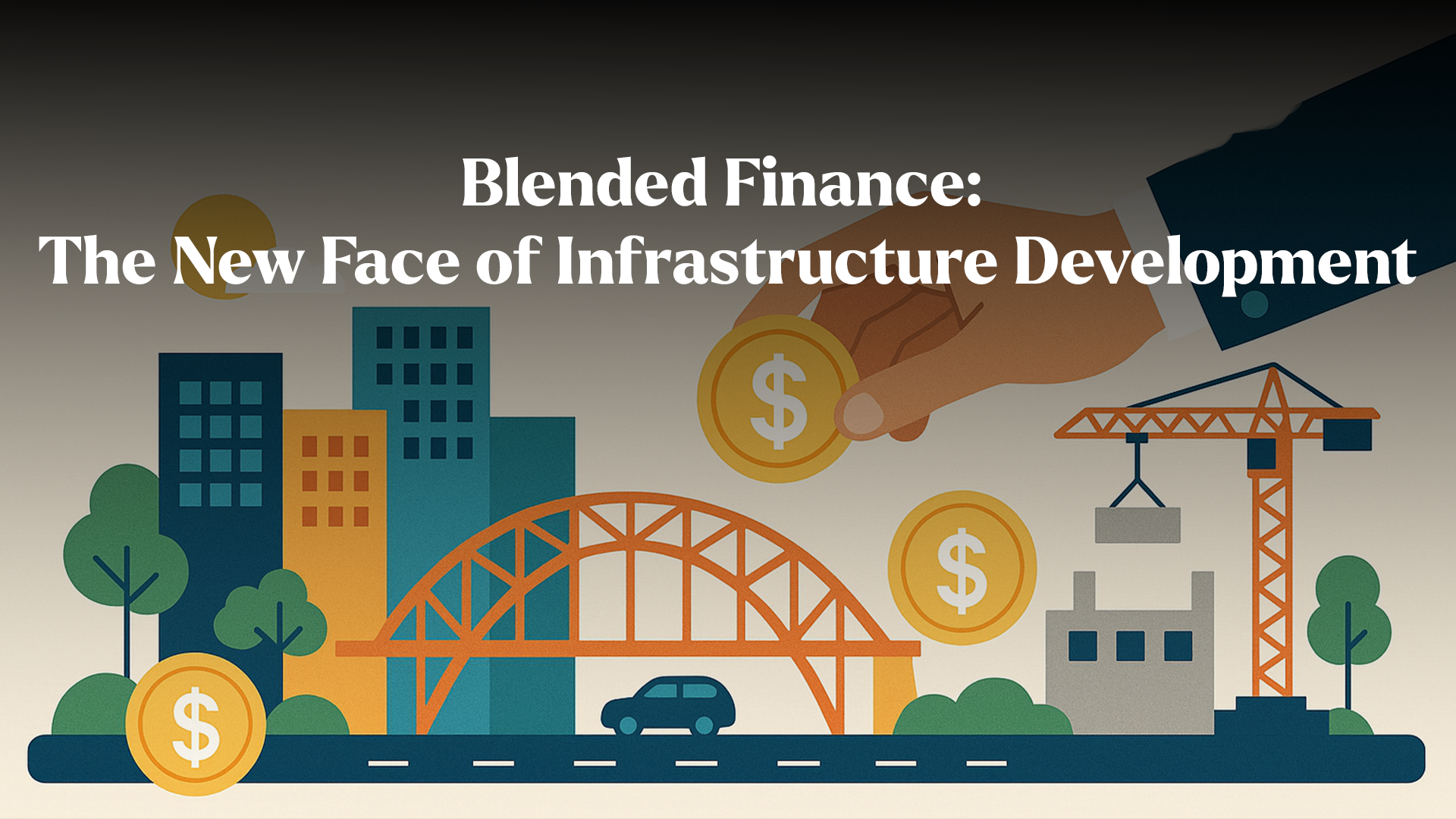Emerging markets present tremendous opportunities for global trade expansion. However, businesses looking to succeed in these dynamic economies must navigate risks such as political instability, fluctuating currencies, and limited legal enforcement. To support sustainable growth and manage such risks, robust export finance strategies are essential.
At Global Banking and Markets, we connect key players, counterparties, and institutions across the financial landscape through carefully curated, market-focused events. We do not offer financial services or solutions, but we do facilitate the conversations, introductions, and insights that help drive capital flow and de-risk emerging market investments.
Key Export Finance Strategies for Risk Mitigation
1. Export Credit Insurance
Export credit insurance plays a critical role in managing risk, particularly in volatile regions. It protects exporters from non-payment caused by buyer insolvency, political upheaval, or currency instability.
Firms such as Credlix illustrate how insured receivables not only safeguard cash flow but also serve as stronger collateral for banks, encouraging them to extend credit more confidently. This increases exporters' willingness to explore new markets.
2. Letters of Credit (LCs)
Letters of Credit remain a trusted instrument in international trade, especially in jurisdictions where legal recourse is unreliable. An LC issued by the buyer’s bank acts as a payment guarantee, reducing the risk associated with open-account trading and enabling smoother cross-border transactions.
3. Government-Backed Export Credit Agencies (ECAs)
Over 15 countries operate ECAs to bridge financing gaps in trade. These agencies offer loan guarantees, insurance, and credit facilities that reduce the perceived risk of projects in emerging markets.
Projects like Senegal’s Senelec electricity infrastructure leveraged ECA-backed finance to develop essential utilities. At the same time, India’s support for renewables and Brazil’s backing of tech industries exemplify how government policy can create fertile ground for exporters.
4. Diversified and Blended Finance Models
Blended finance—combining public and private capital—is increasingly popular in high-risk regions. According to the International Finance Corporation (IFC), its emerging markets portfolio has maintained a default rate of just 4.1% since 1986. Such resilience shows the strength of well-structured investment models in unpredictable markets.
Driving Growth in High-Potential Sectors
Renewable Energy
Countries such as India and Brazil are leading the charge in renewable energy, offering tax incentives and streamlined project approvals. ECAs and multilateral development banks have been instrumental in financing solar, wind, and transmission projects, such as Senegal’s transmission infrastructure expansion.
Technology and Healthcare
Emerging markets are seeing a rise in local tech start-ups and healthcare innovation. Strategic alliances, such as Coca-Cola’s regional bottling partnerships, demonstrate the value of adapting global business models to suit local preferences, fostering both innovation and market fit.
Agriculture and Food Security
The global focus on food security has placed agriculture firmly on the investment map.
Upcoming Flagship Events in 2025
Our platform at Global Banking and Markets is purpose-built to bring together corporate and investment banking professionals across emerging markets. Here are some not-to-be-missed gatherings:
|
Event |
Focus |
Date |
|
Accelerating deal flow across regional M&A and leveraged finance |
25th November 2025 |
|
|
Bonds, Loans & ESG Capital Markets – CEE, Central Asia & Türkiye 2025 |
Regional gathering for corporate finance, ESG, and investment banking leaders |
25–26th November 2025 |
|
The largest networking event for Latin America’s capital markets |
26–27th February 2026 |
These events are designed to create high-value networking opportunities, catalyse conversations, and accelerate deal execution across sectors.
Data-Driven Investment Confidence
Recent analysis from the Global Emerging Markets Risk Database Consortium (GEMs) is reshaping perceptions around risk in emerging markets:
- Average default rates stand at 3.5%, similar to S&P’s B-rated bond segment.
- Recovery rates hit 75%, outperforming both Moody’s global loan average (70%) and emerging market bond recovery rates (38%).
These figures underscore the growing reliability of emerging markets as destinations for strategic trade and investment, especially when approached with the right risk mitigation frameworks.
Why Engage with Global Banking and Markets?
We are the world leader in global markets-focused financing events tailored to emerging markets. At Global Banking and Markets, we:
- Facilitate informal networking and structured meetings to drive real deal flow
- Bring complex markets together in one place at one time—bridging geographies, sectors, and strategies
- Empower stakeholders with insights, connections, and access to decision-makers across finance, trade, and policy
Connecting you with business partners and counterparties is at the heart of everything we do.

Stay Ahead of the Curve
With risk-managed finance strategies, access to reliable data, and sector-specific insights, businesses are well-positioned to grow in emerging markets. But knowledge and preparation alone aren’t enough—you need the right connections and platforms.
Join us at our 2025 global event series and unlock your next frontier of opportunity. For more details on upcoming events, partnership opportunities, or registration, visit our official event calendar today.
Global Banking and Markets – Where deals begin, and global finance meets emerging potential.
We are the world leader in global markets-focused financing events in emerging markets. We bring complex markets together in one place at one time, facilitate informal networking & organise meetings which accelerate deal-flow. Connecting you with business partners and counterparties is at the heart of everything we do.
.png)




